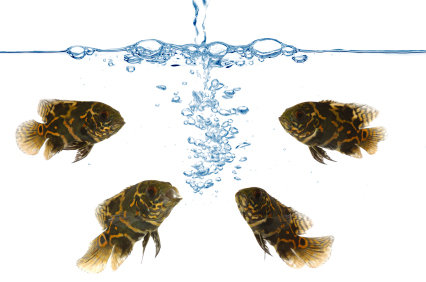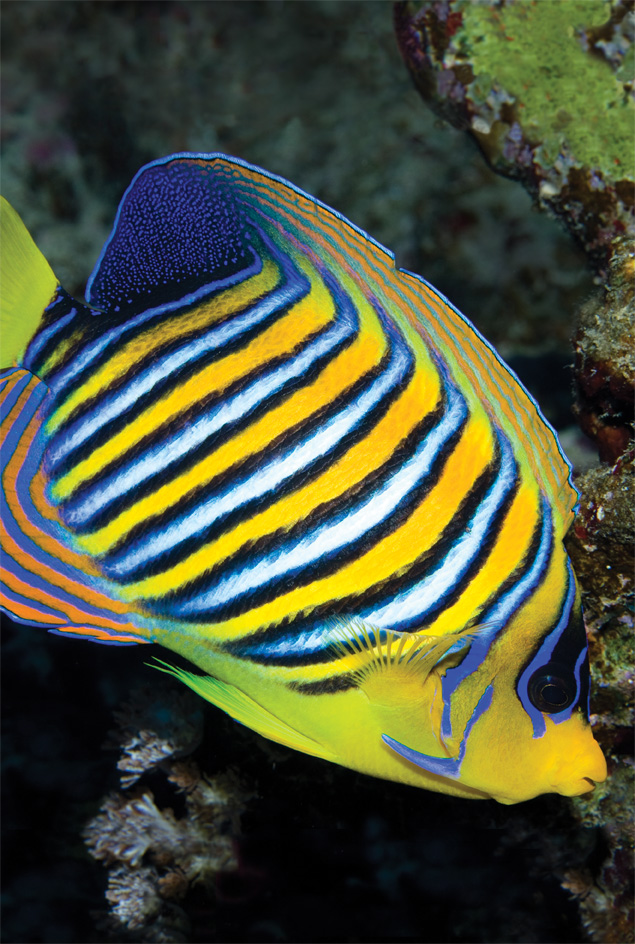R O water – the best solution for your aquarium
Categories:
Aquarium

It might sound obvious but fish have one thing in common – they all live in water. That’s often where the similarities end, as some species come from the soft acidic water of Amazonian streams and others from the mineral rich lakes of East Africa or the briny depths of the world’s oceans.

Up until now, where you lived in the country had a great bearing on the fish you could keep, as soft water fishes such as Discus and Dwarf Cichlids are often prove impossible to maintain in areas where the tap water is excessively hard. Rainwater was often a solution but can often carry harmful pollutants if not carefully treated prior to use.
By using purified water, the limitations of your local water can be removed and the full range of aquatic habitats can be recreated in the home aquarium. Reverse Osmosis units drive the water molecules through a selectively permeable membrane, resulting in purified water without the hardness and pollution found in tap water.
For a long time, successful marine keepers have been using Reverse Osmosis purified water (RO for short) to avoid the pollutants in their tap water which can cause algal blooms and kill delicate corals. The nitrate, phosphate and silicate levels of domestic tap water can cause problems in any tank and as advances in aquarium keeping demonstrate the link between these chemicals and algae growth, many freshwater aquarium keepers are also making the switch. Whatever fishes your aquarium contains, you can now improve your water quality by using better ingredients!
Without any significant hardness, RO water is too pure for aquarium use and needs to have some beneficial minerals added. The absence of these essential ingredients makes the pH very unstable and this can lead to surprising results when tested. This problem is easily solved by using a remineralising buffer and these are available for both fresh and salt water use, enabling the fish keeper to produce the correct water parameters for every kind of fish. Unlike using tap water to supply minerals, this enables a pollution-free way of adding much needed carbonates and bicarbonates, used by aquatic life and filter bacteria.

If you’ve been put off keeping marines by the thought of mixing saltwater you needn’t be, as many of our stores can supply pre-mixed seawater that can be added straight to your aquarium complete with all the necessary minerals added. With the growing number of successful mini marine tanks popping up in homes all over the country, it can save time, effort and stress knowing that some of the hard work has done for you.
Categories
Aquarium



